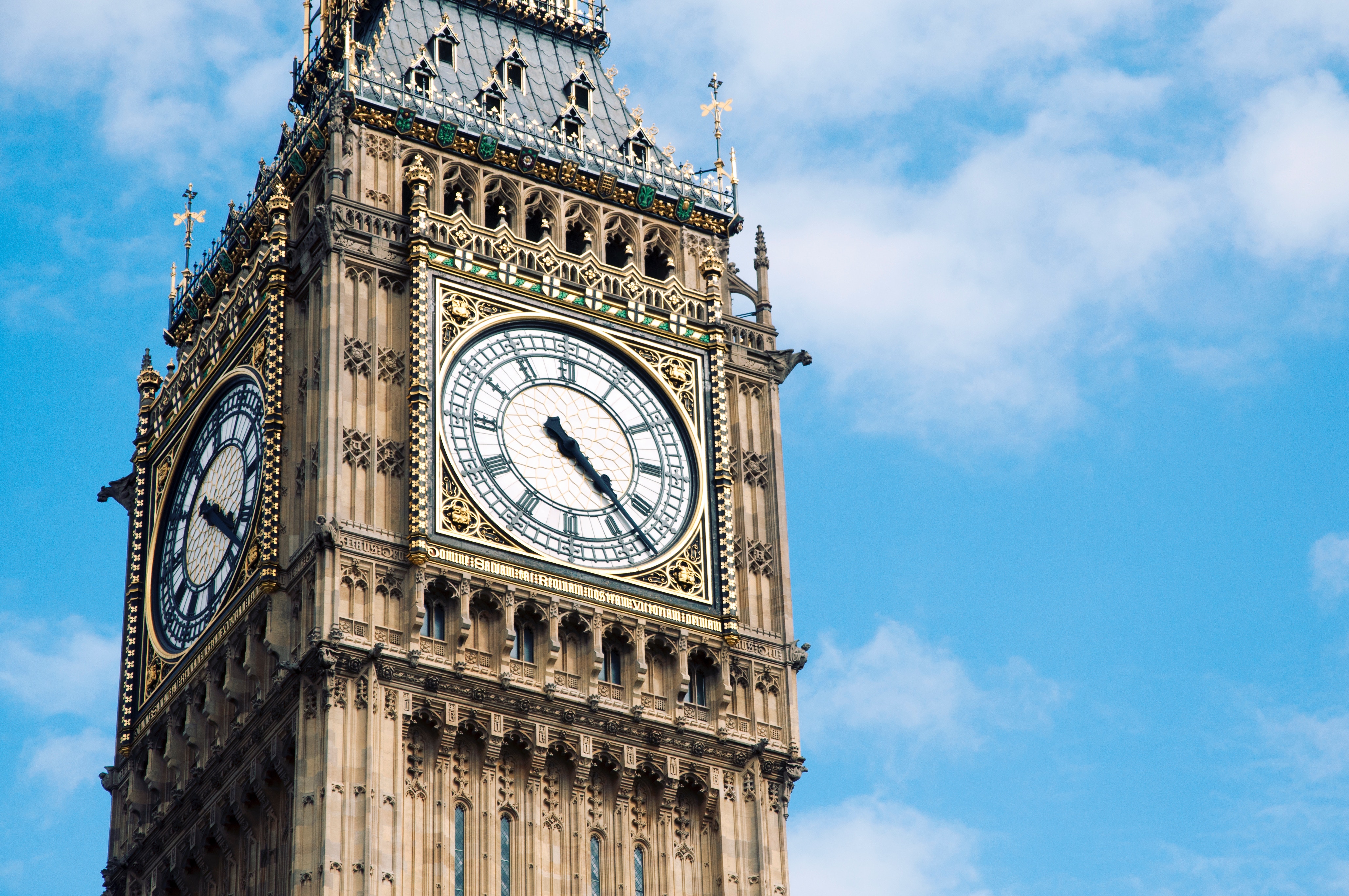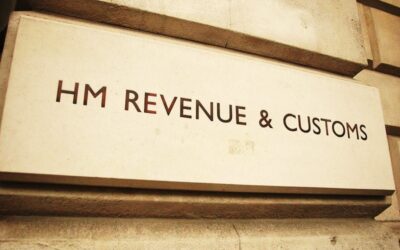In response to critics that have questioned why HMRC has not done more to bring criminal prosecutions against the enablers and promoters of tax avoidance schemes, the government’s standard response has been to state that “there is no criminal offence of promoting or marketing tax avoidance schemes.”
Now, a recent debate in the House of Commons has confirmed a significant shift, with MPs and Ministers recognising that the promotion of tax avoidance often involves fraudulent conduct which can leave promoters liable for several criminal offences.
Tax avoidance and tax fraud
That the promotion of tax avoidance is often linked to fraud is a position that TaxWatch has been advocating for some time.
Speaking at the FS tax conference in November 2020, our Executive Director set out that
“many, and in my opinion the majority of tax avoidance schemes could easily fall foul of the law on cheating. Where there has been an active attempt to conceal the scheme, or a failure to disclose information relating to a scheme, that is clearly fraud.”
It was at this conference that the Director of HMRC’s Fraud Investigation Service revealed, in response to the comments by our Executive Director, that HMRC is conducting multiple criminal investigations into the tax avoidance schemes used by an undisclosed number of multinational companies to avoid tax. This was reported by the FT in January 2021.2
TaxWatch was invited to give oral evidence to the House of Lords Economic Affairs Finance Bill Sub Committee, which published its report on 19th December 2020. This report backed TaxWatch’s calls for HMRC to start more criminal investigations into the promoters of disguised remuneration tax avoidance schemes, including looking at historic cases.
Our Executive Director also responded to the Government’s call for evidence on tackling disguised remuneration tax avoidance, which ran from 21 July to 30 September 2020, In its response the government reflect the views of TaxWatch and others by stating:
“A number of respondents felt that promoters of schemes are not deterred by financial penalties and sanctions. They supported greater use of existing criminal powers including prosecuting promoters for fraudulent conduct.”3
The Government’s response accepted TaxWatch’s analysis on the legal position with regards to the promotion of tax avoidance schemes and marked a fundamental shift from the position that “there is no criminal offence of promoting or marketing tax avoidance schemes”:
“The Government recognises that the design of arrangements that are sold as avoidance schemes may in fact enable fraud.”4
The Finance Bill debate
On Tuesday 20 April 2012 MPs met to scrutinise the detailed provisions of the Finance (No. 2) Bill in a Committee of the Whole House.5
The most substantive amendment of the day,6 in the name of members of the All-Party Group on Anti-Corruption and Responsible Tax, sought to amend schedule 29 of the bill so that anyone subject to the Promoters of Tax Avoidance Schemes (POTAS) regime, and promoting or enabling abusive tax arrangements, should be deemed to have been acting dishonestly unless they can show that they acted in good faith and believed the arrangements to be reasonable.
This would mean, in respect of the criminal offence of cheating the public revenue, that a person would automatically be treated as dishonest where it had been demonstrated that they had promoted abusive tax arrangements as defined in the General Anti-Abuse Rule (GAAR) and there would be no requirement for any prosecution to prove dishonest conduct.
While opposing the amendment on a technicality, the Government re-emphasised it’s recognition “that the design of arrangements that are sold as avoidance schemes may in fact enable fraud.”
According to the Financial Secretary to the Treasury – Jesse Norman PM:
“I fully agree that promoters who break the law should face the consequences of their actions. That is why the Government are putting so much emphasis on anti-avoidance measures and measures against promoters of tax avoidance in the Bill and elsewhere. We should be under no illusions about this. It is not honest to market tax schemes or arrangements that are known not to work and that at their heart feature false statements.
However, cheating the public revenue is the most serious tax offence, carrying a potential sentence of life imprisonment. It is therefore right that the prosecution should have to prove its case beyond a reasonable doubt—the usual standard of proof in a criminal case—and to demonstrate that the person has been dishonest in order to secure a conviction of cheating the public revenue. We all want fraudulent operators to be brought to book, but shifting the burden of proof for such a serious crime on to the defendant to prove their innocence is at odds with the principles of our criminal justice system and would undermine the right of a defendant to remain silent. The burden should be on the prosecution to prove dishonesty to the criminal standard of proof. That is fundamental to the rule of law.”7
We believe that tax avoidance schemes “at their heart feature false statements” as a matter of course.
The Shadow Financial Secretary to the Treasure, James Murray MP , welcomed the amendment, stating ([c.896]:
“This kind of change is crucial if we are to shift towards more criminal prosecutions for the promoters of tax avoidance schemes, and to shift the gear of the Government’s approach.
At the moment, where tax avoidance has occurred, the system lands liabilities on the tax payers, who are usually not tax experts and may have been falsely told that a tax avoidance scheme is lawful.
In contrast, the promoters of tax avoidance schemes are allowed far too often to get away with it. We therefore welcome any efforts to strengthen penalties for the promoters of failed tax avoidance schemes.
But we have seen nothing from the Government today to raise the stakes and to make greater use of the powers HMRC already has to bring criminal prosecutions against the promoters of fraudulent tax schemes.”
“We know that HMRC recognises its power to use criminal investigation approaches to tackle the promotion and enabling of tax avoidance schemes, but in a letter the Financial Secretary sent me in January this year, he admitted that, since the formation of HMRC’s fraud investigation service in 2016, only 20 individuals have been convicted for offences relating to arrangements that have been promoted as tax avoidance. An average of around four people a year does not feel like a concerted effort.”
The principles behind the amendment attracted cross party-support on the back benches.
Andrew Mitchell, co-chair of the all-party group on anti-corruption and responsible tax [c.898] stated:
“Advisers who set up these schemes often have an aura of authority, because they are lawyers, accountants and professional people, which those whom they advise may not be.
I want more to be done to ensure that, where these bad schemes of tax evasion are put together by professional advisers, they do not get off scot-free while the people they put into these devices, or talk into going into them, take the rap. It is not right that they should just lose the fees that they earn, which I think is currently the position: we should toughen the financial penalties.”
Dame Margaret Hodge, co-chair of the all-party group on anti-corruption and responsible tax [c899-900]
“I simply say this to the Minister: he may have reservations about the technicalities of our proposals, but he should at the very least accept the principle that underpins them and say so today.
Big corporations and high net-worth individuals who engage in tax avoidance schemes and financial crime do not dream up these schemes on their own; they are invented and developed by the huge army of tax professionals—accountants, lawyers, banks and advisers—who spend their working life trying to identify loopholes and wheezes. The schemes they devise do not just help but actively encourage people not to pay their rightful contribution through tax to the common purse for the common good….
If advisers and promoters involved in a scheme know that the scheme does not work, they are committing the criminal offence—mentioned by the Minister—of cheating the public revenue. They are breaking the law, so they should be pursued, charged and convicted with a criminal charge. That does not happen now”.
Kevin Hollinrake, the Member of Parliament from Thirsk and Malton talked about his own experience of being approached by tax avoidance merchants during his career in business. He went onto say that reputable accountants would not market schemes if they were aware that their activities might end up with jail time. [c903-904]:
“It was probably 15 years after we set up our business that our own accountants came to us—we were making reasonable profits by then—and suggested that we take advantage of a tax avoidance measure, and a pretty aggressive one in our view. This was not a particularly unusual accountants—it had a decent reputation locally – but so much money potentially runs through these schemes that some promoters inevitably see an opportunity for themselves.
I must tell the House that we told our adviser that we did not want to take part in such a scheme, and there were two reasons: we believed that people should pay their tax—that we should all pay a fair amount of tax—but also that any person who takes up such measures should be afraid that HMRC will one day come along and say, “Those measures were not appropriate.” By that time, a lot of the money that they think they have saved has gone out in costs to promoters and the rest of it, and they are left with a huge bill.
Had the person who promoted that scheme to us—our accountant—thought that he would potentially end up on jail, I do not think he would have come to us and told us about it. This was a reputable local person, and perhaps he did not even think that tax avoidance at that point was fraud. Nevertheless, it certainly can be fraud, and in many cases it is. If we are willing to hold people to account, ultimately through a criminal prosecution—as HMRC can, of course, as the Minister pointed out earlier—there would be a lot less of this kind of promotion and a lot fewer of these activities.”
Catherine West, the MP for Hornsey and Wood Green cited TaxWatch’s recent report into criminal prosecutions for tax crimes, as compared to criminal prosecutions for benefits crime [c 908]:
“The scale of tax offences is clear, with a recent TaxWatch report finding that between 2009 and 2019, the UK prosecuted 23 times as many people for benefits offences as for tax offences—that theme has been echoed in today’s speeches—despite the fact that the value of tax fraud is nine times higher than that of benefit fraud. …
We know that a lot of this work is about priorities, and we need to prioritise criminal prosecutions so that there is not a decrease in taxation, as there has been of 39% since 2015. We need to look at the balance of the DWP employing 3.5 times more staff in compliance than HMRC. We know that we have to improve that balance, because quite simply there is much more money to be found in illicit finance and among tax avoiders than from those eking out a living on universal credit or personal independence payments.”
Ruth Cadbury, one of the co-chairs of the APPG on the loan charge, criticised the government for not doing enough to hold loan scheme promoters to account [c 910]:
“We need an effective tax avoidance policy that criminalises those promoting tax avoidance, rather than going for the workers inadvertently caught up in them, as this Government and HMRC have been doing with the loan charge in particular. That is the wrong target. While ordinary people who are victims of mis-selling are facing ruin and bankruptcy, the Government have done too little, too late to go after those who promoted the schemes.”
The whole debate can be seen here: https://parliamentlive.tv/event/index/79ba64da-407e-49d9-b8d7-ed56d11ab6ff?in=10:36:31&out=10:43:21
Too good to be true?
In seeking to warn people against using tax avoidance schemes, the government has frequently said that “if it looks too good to be true it probably is”. The increasing recognition from the Government that the “design of arrangements that are sold as avoidance schemes may in fact enable fraud” is a much more powerful message. It tells the public why tax avoidance schemes are “too good to be true”.
Photo credit: Parliament by James Newcombe
1 @LCAG_2019, Twitter, 19 July 2019, https://twitter.com/i/status/1152149052097585153
2 ‘HMRC pursues multiple criminal investigations in corporate tax disputes’, Financial Times, 11 January 2021 https://www.ft.com/content/e7ef0ec3-f4de-40f9-ad95-0e7587ac7e2d
3 Call for evidence: tackling disguised remuneration tax avoidance, Summary of Responses, HMRC, March 2021, paragraph 2.34 https://assets.publishing.service.gov.uk/government/uploads/system/uploads/attachment_data/file/972080/Call_for_evidence_tackling_disguised_remuneration_tax_avoidance_-_summary_of_responses.pdf
4 Ibid, paragraph 2.34. Emphasis supplied.
5 https://hansard.parliament.uk/commons/2021-04-20/debates/D1535D18-E261-4112-8739-964CE7F5F994/Finance(No2)Bill
6 Amendment 77.
7 Column 896. Emphasis supplied.



